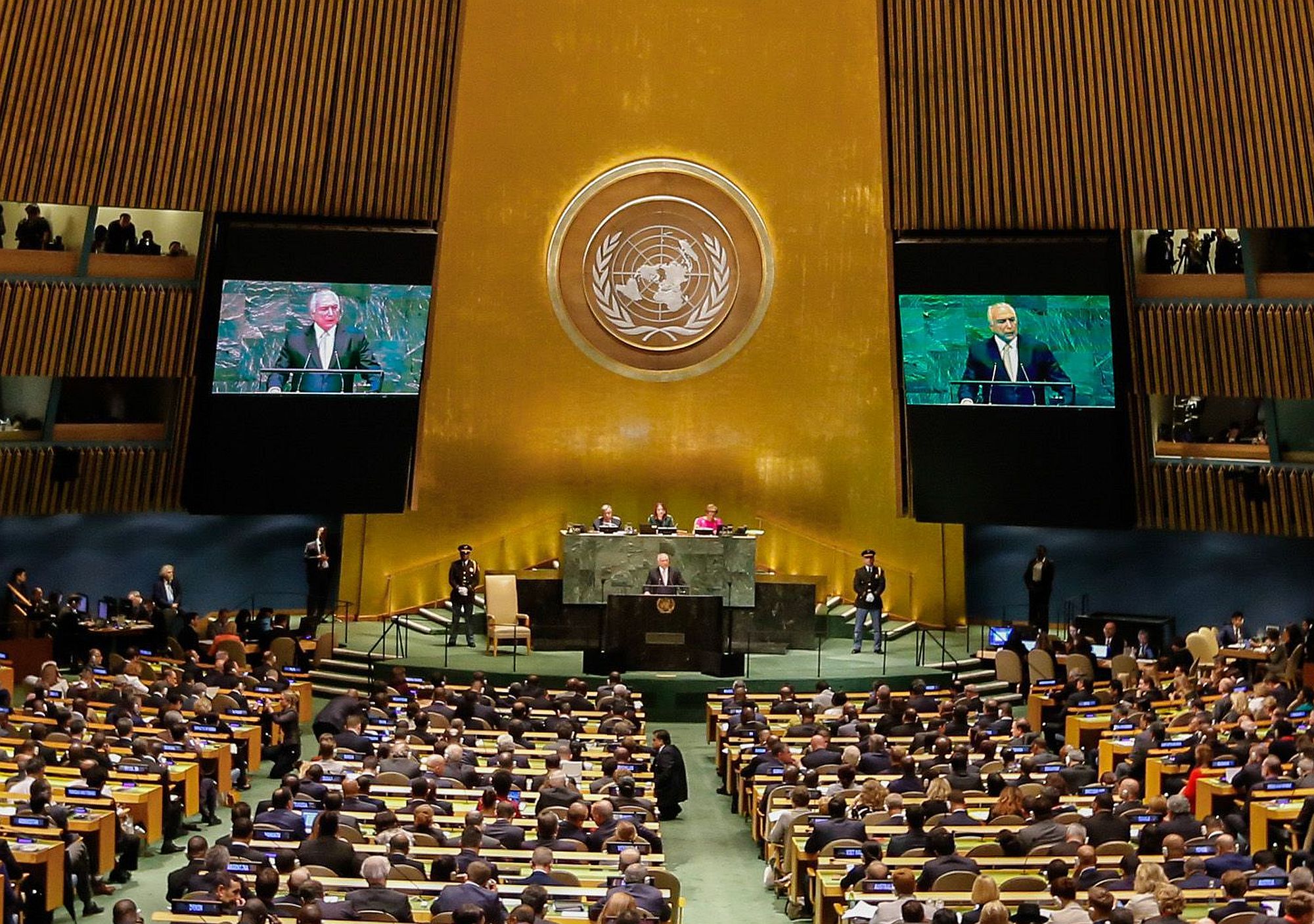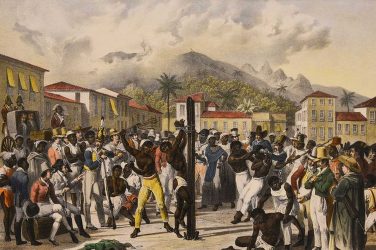Brazil has had a longstanding relationship with the United Nations. In a recent speech to the General Assembly in September, President Michel Temer reaffirmed his nation’s roles as a champion of democratic ideals, while at the same time asserting his country’s ongoing aspirations to participate in dialogue in the realm of international diplomacy.
In his speech, Temer highlighted many of Brazil’s objectives for UN integration. He maintained his conviction that Brazil needs to avoid isolationism and encourage international integration, and he touched on a variety of topics pertaining to the UN agenda – for example, the need to form closer ties with the Pacific Alliance, the EU, Canada, Middle East, America, the G20, the BRICS, and Portuguese speaking countries.
He then turned to more generalized dialogue, namely the need to promote human rights, preserve democracy and condemn intolerance.
Temer also broached a variety of specific issues. He discussed the cases of Venezuelan migrants in Brazil, the two-state solution for Israel and the Palestinians, the ongoing crisis in Syria, and denuclearization on the Korean peninsula, all revealing Brazil’s general posture as a peaceful participant in UN proceedings.
Topics such as nuclear non-proliferation, the building a multilateral system of trade with dispute settlement mechanisms, the support of social justice and respect for the environment, overcoming terrorism, transnational crime, drug trafficking, money laundering and sexual exploitation, all indicated Temer’s regard for the importance of Brazil’s inclusion in UN discourse.
Concluding with the assertion that his nation seeks a prominent role in the promotion of democracy and diplomacy around the world, Temer revealed Brazil’s fundamental posture as a firm supporter of the United Nations in its role in international influence and comity.
Since the country’s inception as a founding member of the United Nations in 1945, Brazil has maintained a permanent residence in New York City, and is the tenth largest contributor to the UN’s budget, totaling US$ 38 million in a 2012 assessment, according to Wikipedia.
Although actively engaged in the proceeding of the General Assembly, Brazil’s aspirations to serve on the UN Security Council have traditionally been stifled, reflecting the nation’s role as a soft power in international proceedings.
Nonetheless, Brazil has played a prominent role in peacekeeping initiatives, and has been frequently been elected as a non-permanent member to the Security Council since 1946.
Brazil’s posture in regards to the United Nations is generally a peaceful and peace-seeking one, relying on the primary tools of multilateralism and preventive diplomacy.
Reflecting this history of conciliation inherited from its independence and implemented in the post-Cold War era, Brazil has sought to maintain the posture of “Responsibility while Protecting,” with the aim of conflict prevention not only in the UN, but through the G20, BRICS and IBSA partnerships as well.
This tradition reflects Brazil’s ongoing attempt to influence policy through peaceful resolution and the time-honored methods of dialogue and negotiation.
Clearly, Brazil has participated in a wide range of UN initiatives, promoting its position as a pacific actor in international relations and diplomacy. Over the years, Brazil has embraced nuclear non-proliferation, humanitarian rights, the advancement of education and women, climate change and greenhouse gas emission, deforestation, and internet governance and freedom.
Peacekeeping, (for example Brazil’s missions in Haiti over the past few decades), represents the sole forum in which Brazil can assert its military potential – one must bear in mind, however, that Brazil maintains a role of soft power, is limited in its ability to influence UN policy, but still aspires to permanent membership in the Security Council, and the exercise of significant hard power.
Brazil can look positively to its role as a UN contributor in the years and decades to come. By embracing a multilateralist role in a multipolar world, the South American nation stands positioned to develop an ongoing presence as a champion of social, economic, cultural and diplomatic progress, while at the same time supporting the aim of its integrating itself into an international decision-making body.
As Temer’s address to the General Assembly indicated, Brazil stands firm in its commitment to the noble aim of fostering an agenda of inclusiveness, peace and justice, specifically in the United Nations, and generally around the world.













